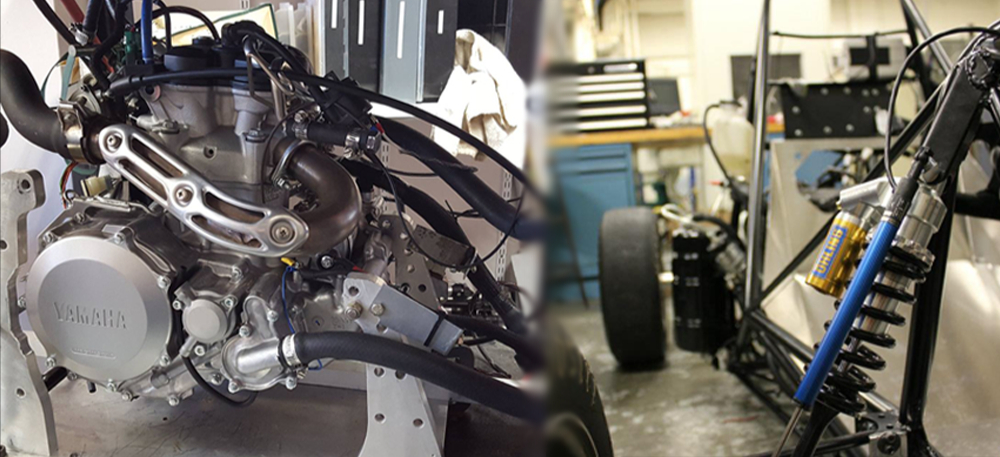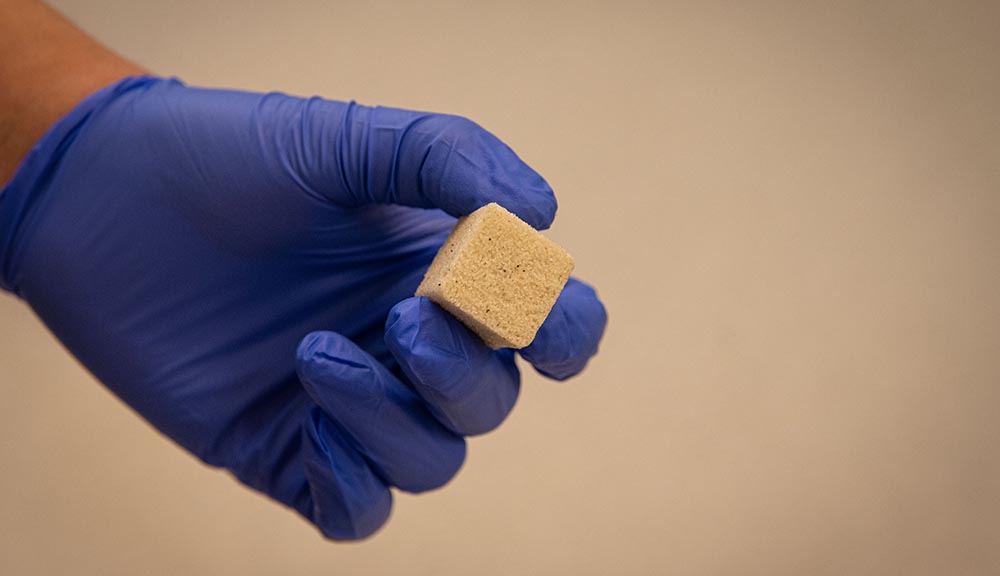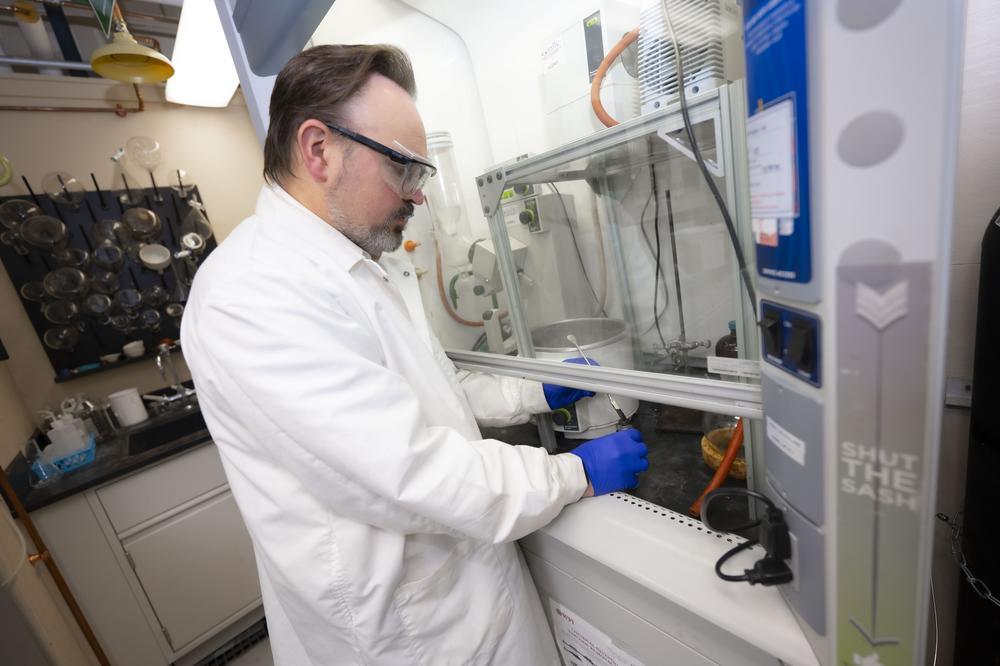An interdisciplinary team of researchers at Worcester Polytechnic Institute (WPI) has developed a potential breakthrough in green aviation: a recipe for a net-zero fuel for planes that will pull carbon dioxide (CO2) out of the air. The research, which used sophisticated computational modeling and analysis, was recently published in the journal Fuel.

Led by Jagan Jayachandran, assistant professor of aerospace engineering, and Adam Powell, associate professor of mechanical and materials engineering, the work helps address an urgent climate change problem. Aviation accounts for approximately 2.5% of all global greenhouse emissions, according to the International Council on Clean Transportation (ICCT), and that number is only expected to increase.
“As aviation continues to grow, so will the industry’s emissions, says Powell. “We need to think out of the box and look at sustainable materials that will contribute to a long-term solution toward reducing the transportation sector’s carbon footprint.”
Through modeling and computation analysis, Jayachandran and Powell developed a formula for a fuel that consists of magnesium, a mineral that is found all over the globe, most abundantly in the world’s oceans. A slurry of magnesium hydride – a chemical compound made up of magnesium and hydrogen - mixed with hydrocarbon fuel would burn to produce CO₂, water vapor and magnesium oxide (MgO) nanoparticles. The magnesium hydride fuel would also give planes the range for long-haul flights—e.g., from Boston to Tokyo—something that has been a challenge for other sustainable aviation fuels to provide. That longer range is achieved, in part, due to the chemical properties of the slurry - a lower volume of it is needed for combustion than a typical aviation fuel.
“We found this fuel would have up to 8% more range than other today’s jet fuel, and more than two to three times longer range than liquid hydrogen or ammonia which other researchers have proposed as sustainable fuels,” said Jayachandran.
The Department of Energy describes a sustainable aviation fuel as a “biofuel used to power aircraft that has similar properties to conventional jet fuel but with a smaller carbon footprint.” These biofuels have been made from resources including corn grain, algae, forestry, and agricultural residues, among others. Using a biofuel as the hydrocarbon in this slurry with magnesium hydride could potentially lead to net negative emissions.

The research was supported by a WPI TRIAD Seed Grant, a university award intended to encourage and promote interdisciplinary collaboration and innovation.
Jayachandran and Powell plan to further their research through physical experiments with samples of the fuel, and are also pursuing potential funding from a federal agency. In addition, they hope this work can inspire others and contribute to a more sustainable world.
Noting the promise of research to mitigate emissions and other climate threats, Powell said, “we hope our work, which opens up a new category of sustainable aviation fuel will spark the imagination of other researchers. The sky’s the limit.”










